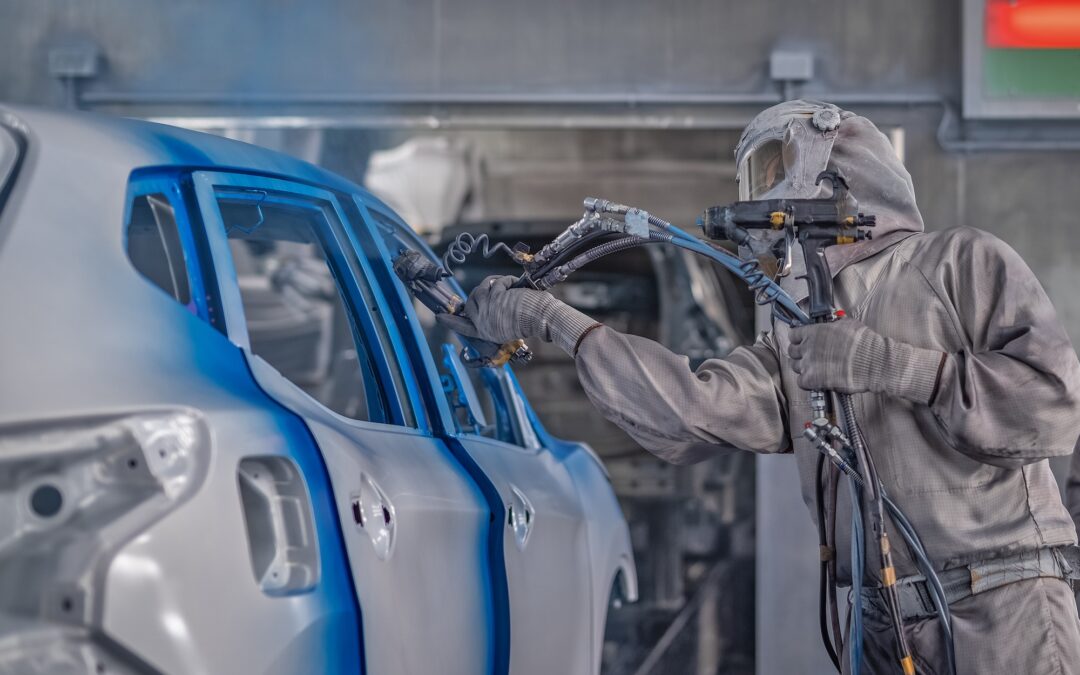Compressed air tools are used in many workplaces. Compressor machines, pneumatic tools, hoses, electric connections, and accessory parts all present potential hazards. Compressed air can be extremely dangerous if misused, not properly maintained, if safety precautions are not implemented, or there is horseplay in the work area. The environment in which you work has a significant impact on safety. Safety should be top priority in all workplaces.
Discussion Points:
• Potential hazards involved with compressed air tools
• What safety precautions have you implemented to make your work environment safe?
• All operators should receive proper training before using compressed air tools
• Safety measures and PPE
• Severe injuries caused by compressed air use
Discussion:
Every operator should receive proper training before using an air compressor, and should receive additional training if there is any change in the equipment used. Before using an air compressor, all components should be checked to ensure it is working properly. Ensure that the equipment has a pressure gauge and safety valve that meet the American Society of Mechanical Engineers standards and refer to the compressor user manual for maximum
recommended speed. Many workers are unaware of the dangers involved with compressed air, and it is often
misjudged. Compressed air is extremely forceful and presents hazards that may cause severe injury or death. Common air compressor hazards include: electrical dangers, fumes, flying particles and debris, high pressure, and noise. Having safety measures in place including the use of appropriate personal protective equipment including: goggles, face masks, rubber or leather gloves, steel-toed boots or shoes, and a leather or PVC apron. It is essential to cover any part of the body that is at risk of coming in contact with flying particles or compressed air. Did you know… flying particles can cause cuts and bruises to any body part, 12 PSI can blow an eye out of its socket, 40 PSI from 4 inches away can rupture an ear drum and can cause brain damage, the sound from a compressed air hose can reach 120-130 dB, which is above the permissible exposure limit, 5 PSI of air blown into the mouth can rupture the esophagus or the lungs, and high-pressure air injected through the skin can cause an embolism which can be fatal if it reaches the lungs, heart, or brain. Under no circumstances should anyone use compressed air to clean off any part of the body or clean off clothing.
As always, stay safe out there!


Recent Comments